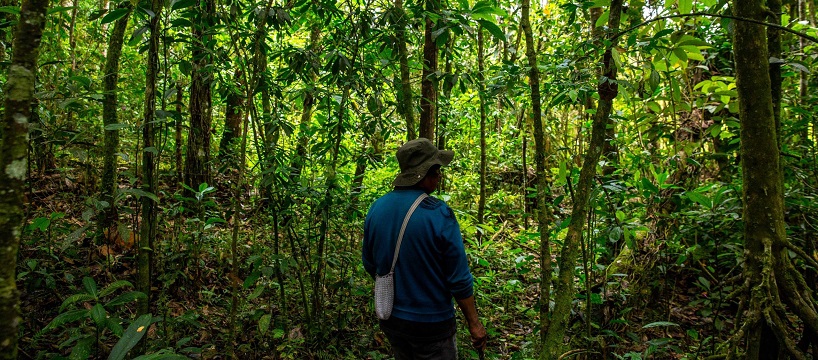Forest Blog

In the lush, verdant landscapes of India, Indigenous communities stand as vigilant guardians of the forests, embodying a profound connection to nature that transcends generations. These communities, rich in traditional knowledge, play a crucial role in the conservation of forests, ensuring the delicate balance of ecosystems is maintained.
For centuries, Indigenous peoples have cultivated a deep understanding of their environment, relying on sustainable practices that promote biodiversity. For example, the Baiga tribe in Madhya Pradesh practices a unique form of shifting cultivation that enriches soil health and prevents erosion. Their methods illustrate a holistic Approach that modern science is only beginning to appreciate.
Recent initiatives further highlight this synergy between traditional knowledge and modern conservation efforts. The Kadar tribe in Kerala has successfully reintroduced traditional agroforestry techniques that restore degraded lands, demonstrating that local wisdom can enhance food security while preserving biodiversity. Their active participation in the Munnar Forest Management project has shown remarkable improvements in both forest health and community livelihoods.
In India, various Indigenous groups, such as the Gonds and Santhals, have been at the forefront of forest conservation efforts. The Forest Rights Act of 2006, has empowered these communities by granting them stewardship over their lands. For instance, in Odisha, the Dongria Kondhs have successfully opposed mining projects that threaten their sacred forests, showcasing the power of community mobilization and legal recognition in preserving vital ecosystems.
As we face an ecological crisis, it is imperative to learn from and collaborate with Indigenous communities. Their deep-rooted knowledge and sustainable practices can guide us toward a more harmonious relationship with our forests, ensuring they thrive for
future generations. In honoring their contributions, we not only protect our planet but also celebrate the rich cultural heritage that sustains it.
MoEFCCPC urges the people of this beautiful land to remain in touch with their roots because that’s from where our growth comes.


